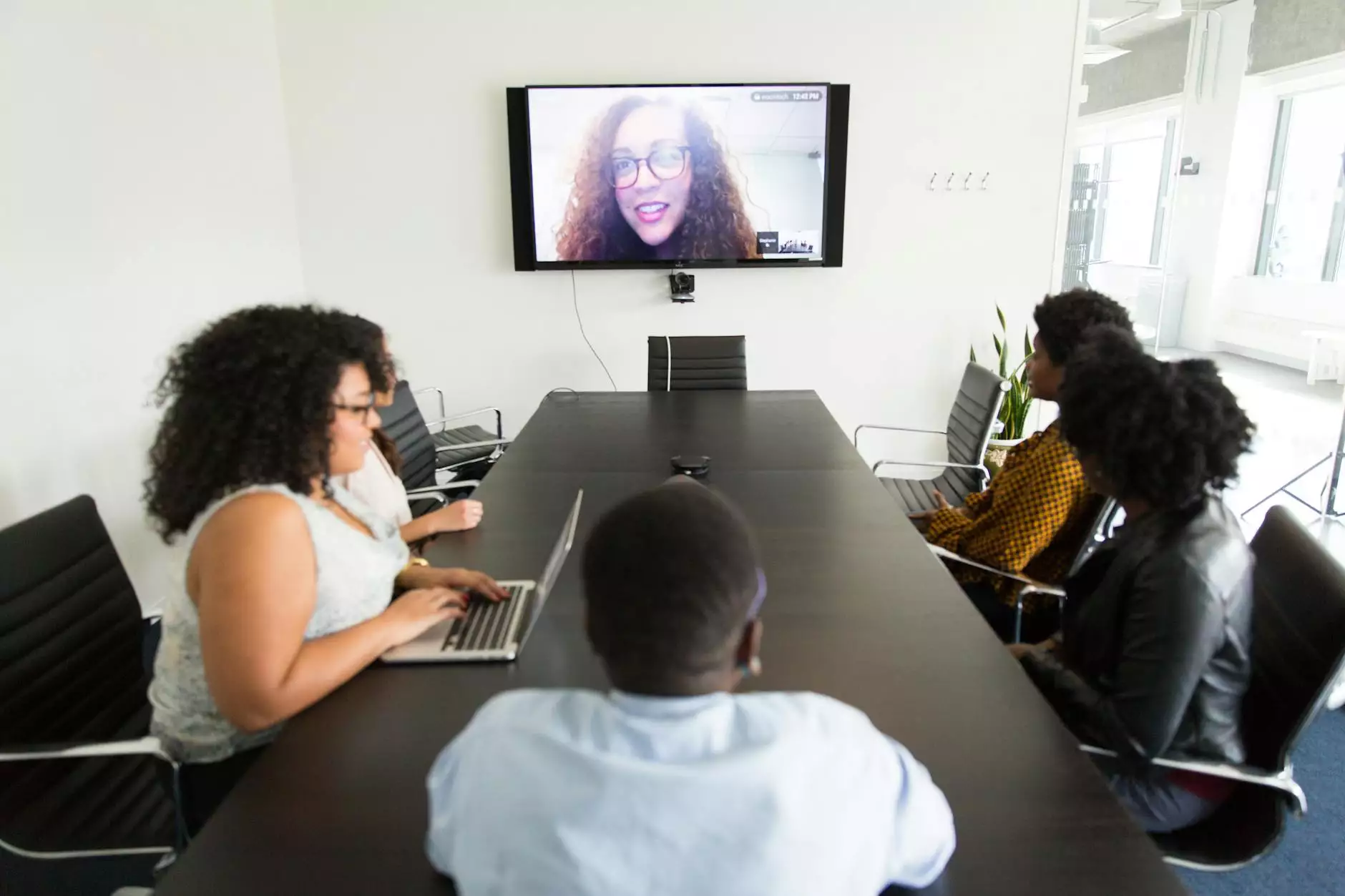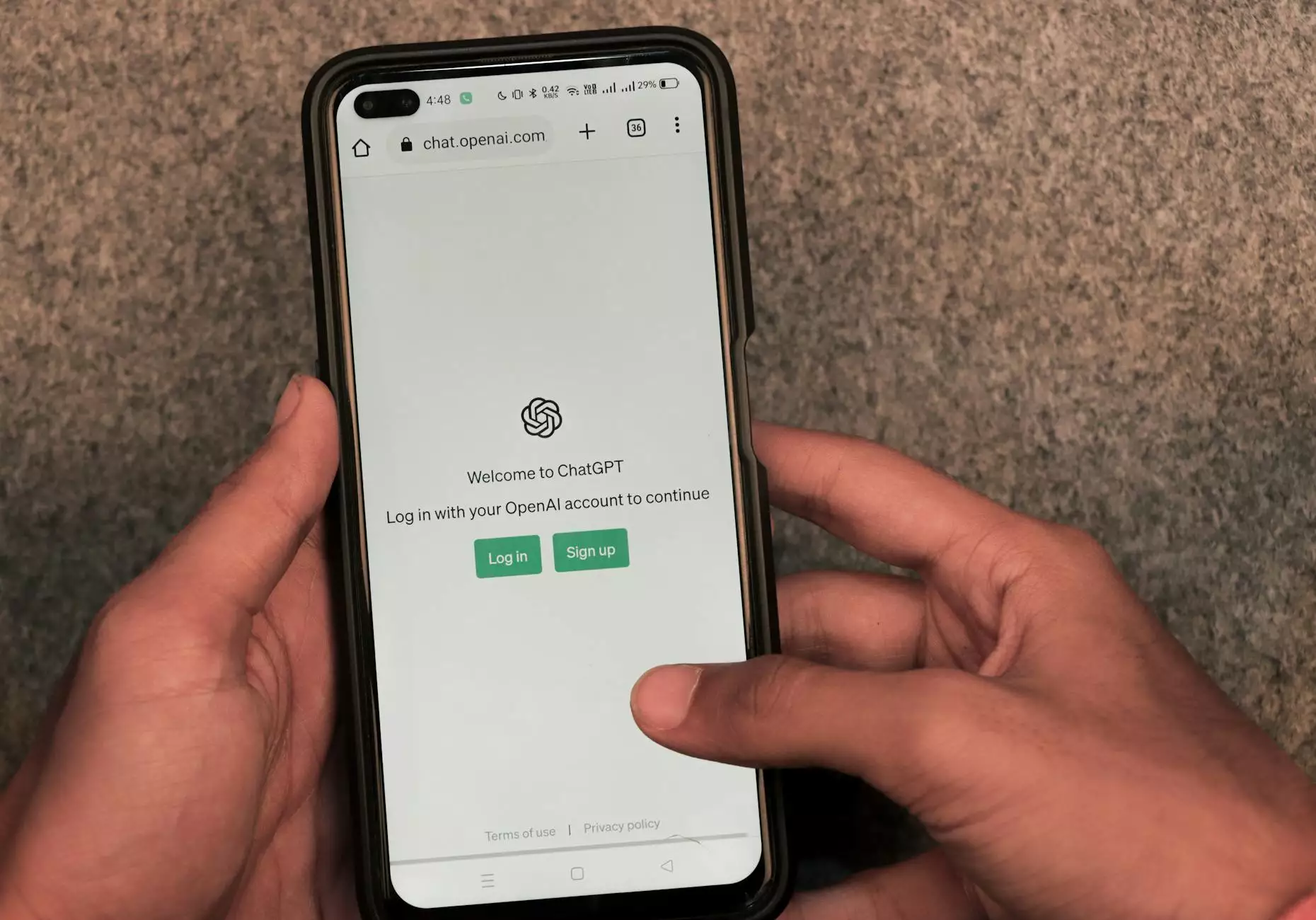Collaborating Effectively as a Remote Workforce

The Importance of Remote Team Collaboration
In today's digital age, remote work has become increasingly common. Companies are realizing the advantages of having employees work remotely, including cost savings, increased productivity, and access to a global talent pool. However, collaborating effectively as a remote workforce poses unique challenges that need to be addressed to ensure success.
Overcoming Communication Barriers
Effective communication is the foundation of any successful team. When working remotely, it's essential to have reliable communication channels in place. Utilizing tools like video conferencing, instant messaging, and project management software can help bridge the gap and foster better collaboration. It's important to establish clear guidelines for communication and ensure everyone stays connected and informed.
Building Trust and Accountability
Trust and accountability are crucial for remote teams to thrive. Without physical presence, it's necessary to build trust through open and transparent communication. Encouraging team members to take ownership of their work and hold themselves accountable helps establish a culture of responsibility and reliability. Foster a supportive environment that values input and feedback, encouraging collaboration and innovation.
Effective Project Management
Remote teams often face challenges with project management, as it requires coordinating tasks across different time zones and ensuring everyone stays on the same page. Utilizing project management tools, such as Trello or Asana, can help streamline workflows, track progress, and allocate resources effectively. Break down projects into smaller, manageable tasks, setting clear priorities and deadlines for each team member.
Creating a Collaborative Culture
To foster collaboration within a remote team, it's important to establish a culture that promotes teamwork and mutual support. Encourage open communication and create opportunities for team bonding and socializing. Virtual team-building activities, regular check-ins, and acknowledging individual and team achievements are essential to create a sense of belonging and camaraderie.
Developing Effective Virtual Meetings
Virtual meetings are a vital part of remote teamwork. However, it's essential to make these meetings engaging and productive. Prepare agendas in advance, setting clear objectives and expectations for each meeting. Encourage active participation and provide opportunities for team members to share their ideas and concerns. Ensure that meetings are focused, timely, and inclusive.
Implementing Effective Feedback Mechanisms
Feedback is a vital component of improvement and growth. Establish a feedback culture within your remote team by providing constructive feedback regularly. Celebrate successes, acknowledge individual contributions, and address challenges openly. Encourage team members to share their opinions and ideas, creating an environment that values continuous learning and development.
Conclusion
Collaborating effectively as a remote workforce is essential for the success of any business. By overcoming communication barriers, building trust and accountability, implementing effective project management strategies, creating a collaborative culture, developing engaging virtual meetings, and establishing feedback mechanisms, remote teams can thrive and achieve remarkable results. At 881 Marketing, we understand the challenges of remote collaboration and offer comprehensive digital marketing solutions to facilitate effective collaboration within your remote workforce. Contact us today to learn how we can help your business succeed in the digital landscape.










